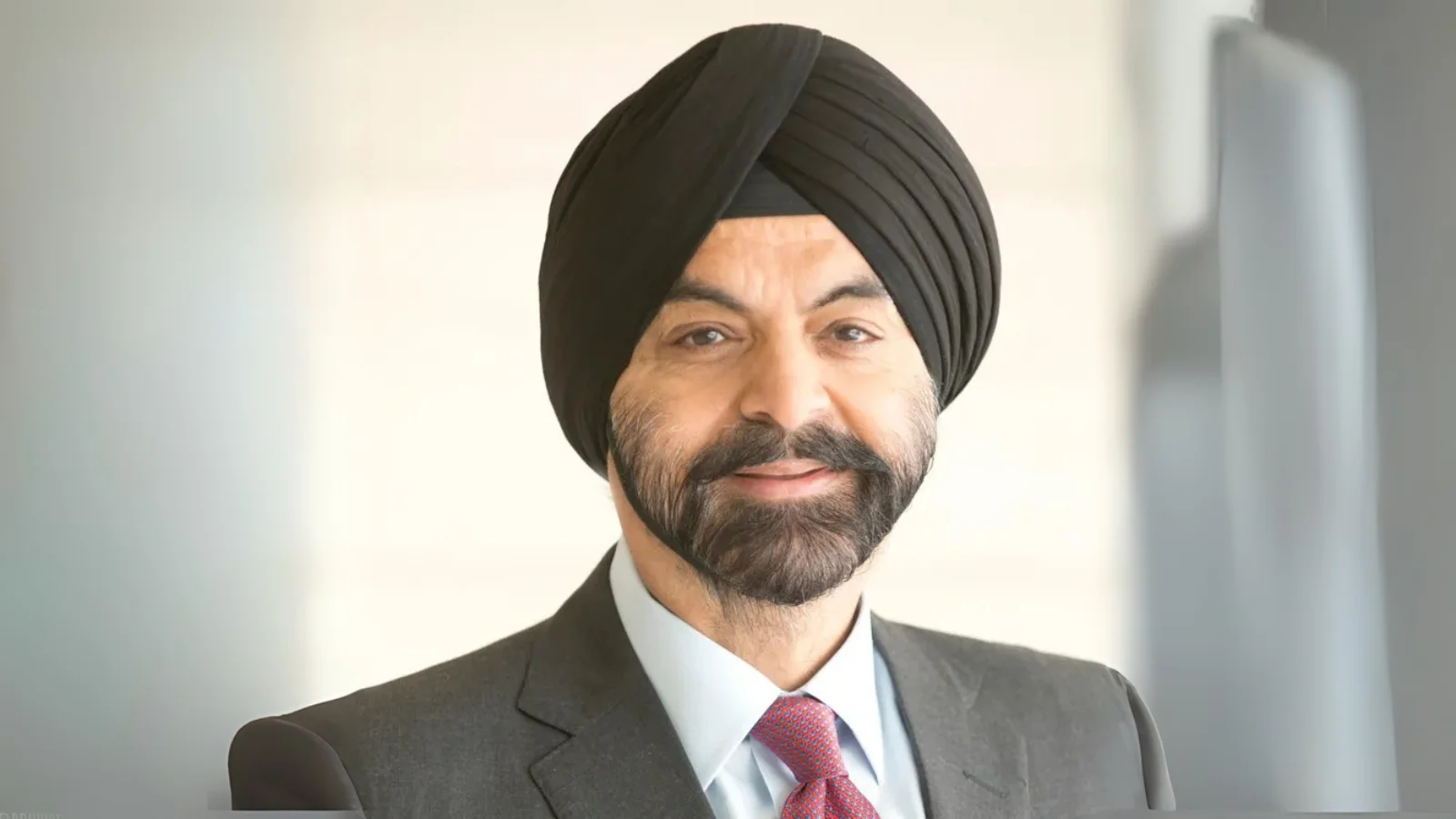In 2025, many residents in Georgia's mountainous Racha region still faced limited internet access. The area’s internet service providers and mobile operators depended on radio-based technologies that provided slow and unreliable connections, leaving some communities without any service.
This lack of reliable digital connectivity has contributed to the migration of young people from remote regions to urban centers in search of better opportunities, deepening the rural-urban divide and reducing the economic potential of areas like Racha.
The situation began to change with Log-in Georgia, a project launched in 2020 with support from the World Bank. The initiative was designed to assist the State Program for Broadband Infrastructure Development. Over the past five years, high-speed internet access has expanded rapidly in Georgia’s mountainous regions. Open Net, responsible for developing open-access fiber-optic infrastructure under the Ministry of Economy and Sustainable Development of Georgia, connected more than 90,000 people and 104 schools to broadband by July 1, 2025.
Racha had lagged behind due to a lack of local ISPs offering fiber-based broadband services. With Open Net’s network available across the region, RachaNet was established by three young friends originally from Racha who wanted to reconnect with their roots. Their goal now includes attracting new and former residents back to the region.
“Since our company was founded, many locals have returned to the region because now they can work remotely and also find other job opportunities thanks to the improved internet. Whatever income they earn is spent here, which directly benefits the local economy,” said Akaki Gurgenidze, one of RachaNet’s founders.
Ketevan Sharabidze-Agladze, a retiree who opened Sadmeli village’s first guesthouse in Racha, will soon benefit from Log-in Georgia’s expansion. She explained: “I rely on platforms like Telegram, Instagram, and Facebook, so if there’s no internet, my work comes to a halt. When I saw workers laying cables underground, I asked what was going on. They told me we were going to have better internet. It’s great for me and my business. With high quality internet, I can smoothly share my Reels, short videos, and can tell my stories to a wider audience”.
Beyond connecting villages with fiber-optic broadband infrastructure, Log-In Georgia is also working on improving digital literacy through its Digital Adoption Program (DAP). The Communications Commission provides digital skills training for various groups including women-headed households, minorities, elderly people, teachers, students and entrepreneurs.
“Young people—or digital natives—adapt to modern technologies more easily. But adults, like teachers for instance, often need a bit more explanation. I try to provide all the necessary information in a language they understand, avoiding technical terms like ‘domains’ and ‘browsers’ that sound overwhelming,” said Mindia Salukvadze—a DAP trainer—who teaches participants about online risks such as scams or misinformation. “I teach them how to think critically in the digital world, encouraging them to approach everything they encounter online with ten times the caution they would in real life.”
On July 23rd 2025 additional financing from the World Bank was announced for Log-In Georgia; this funding aims at expanding digital access further into remote regions so that approximately 325,000 more residents across over 700 mountainous villages will benefit from improved connectivity.
Closing Georgia's digital divide through projects like Log-in Georgia is seen as an important step toward broader national development goals—including investment in infrastructure upgrades as well as support for digital IDs and relevant online services—to help ensure competitiveness within global markets while creating new jobs and opportunities throughout Georgian society.

